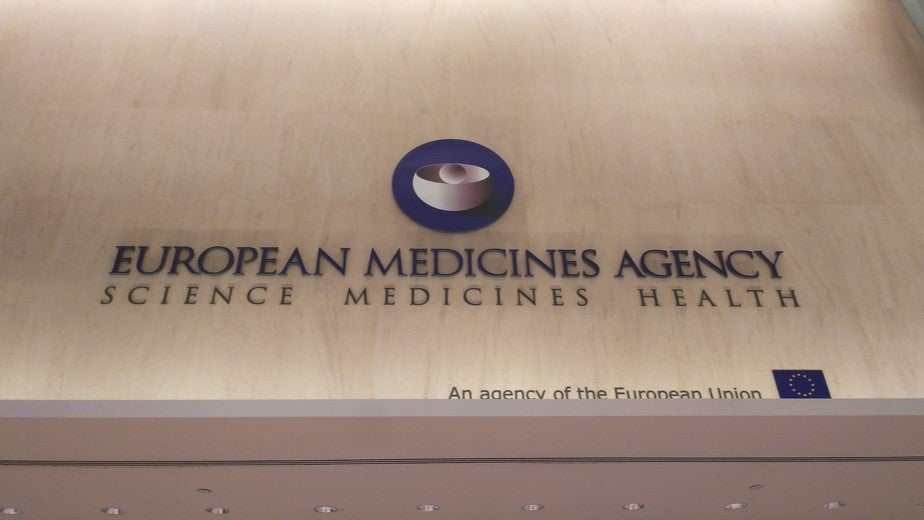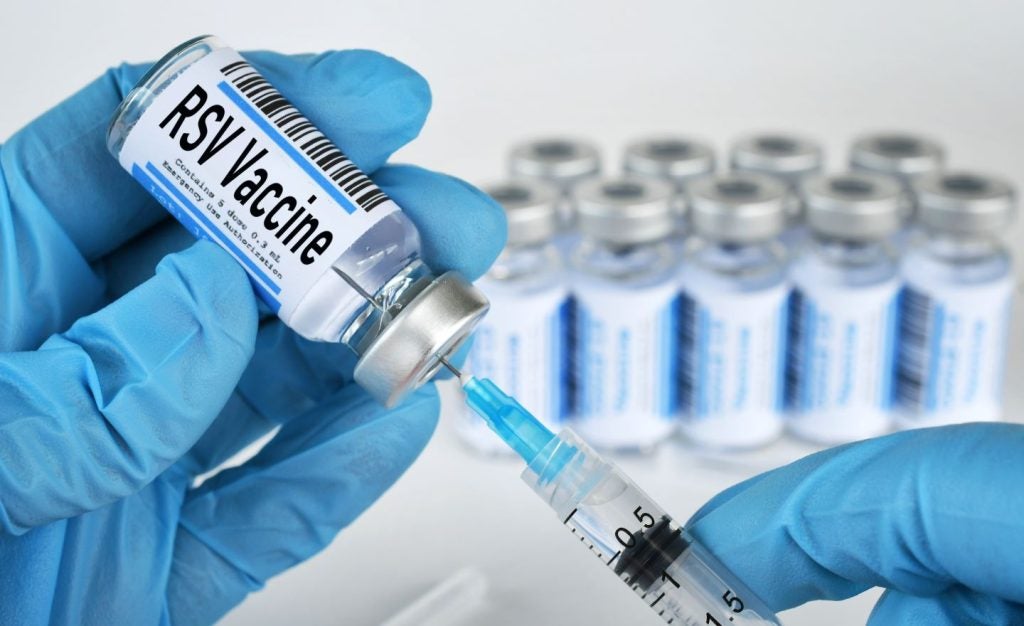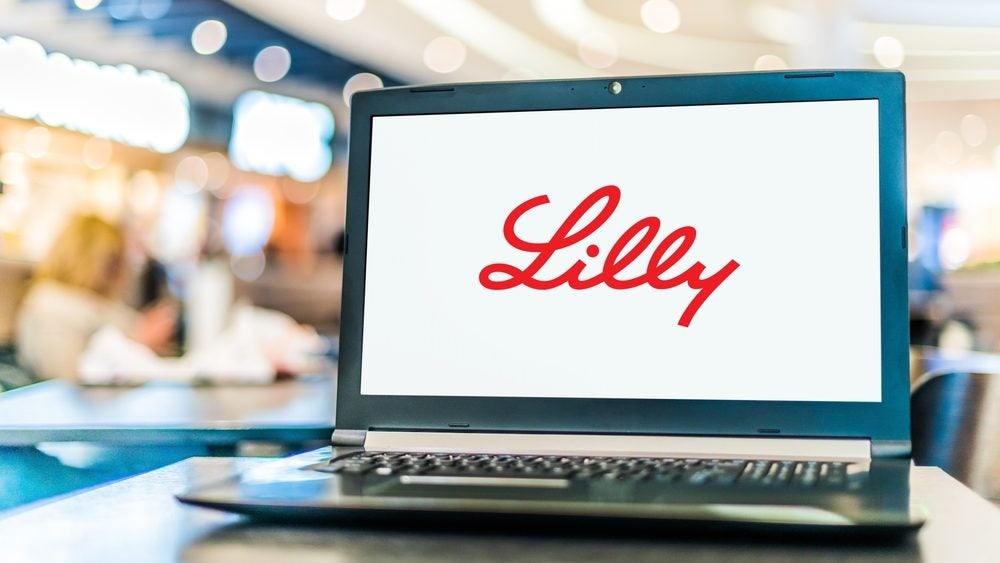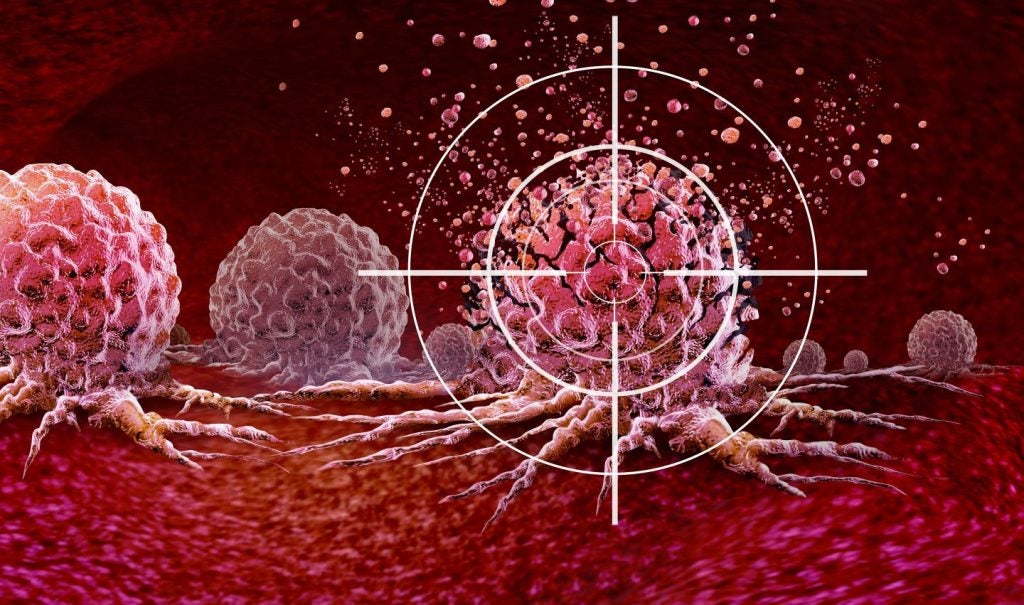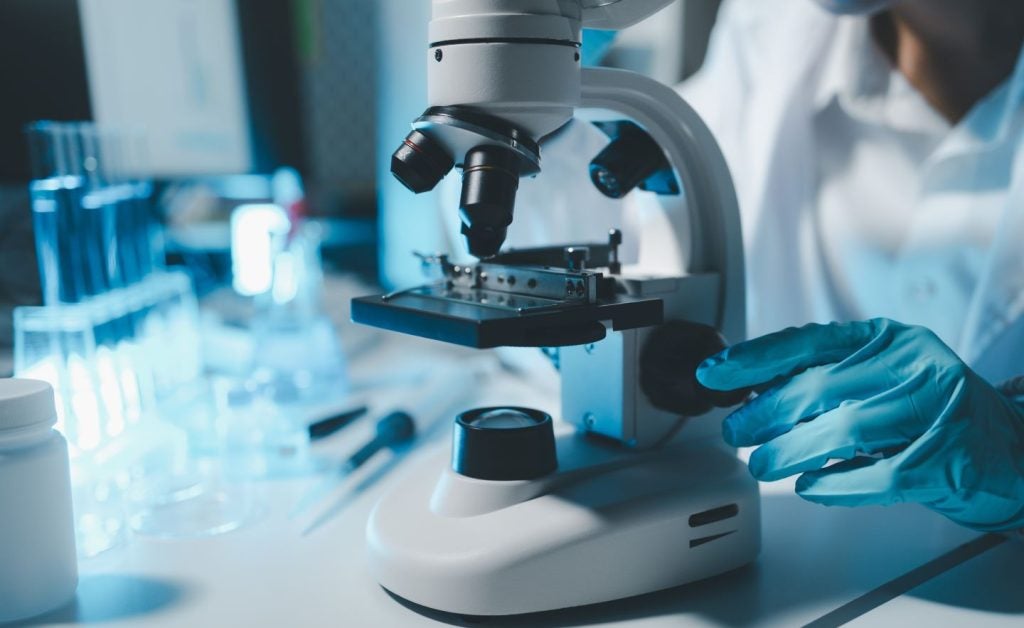The US Food and Drug Administration (FDA) has provided a complete response letter for Daiichi Sankyo and MSD’s biologics licence application (BLA) seeking approval for patritumab deruxtecan (HER3-DXd) to treat non-small cell lung cancer (NSCLC).
The BLA sought accelerated approval for the antibody-drug conjugate for adults with locally advanced or metastatic EGFR [epidermal growth factor receptor]-mutated NSCLC previously treated with two or more systemic therapies.
The regulator highlighted inspection findings at a third-party manufacturing facility.
The letter did not query the submitted efficacy or safety data for patritumab deruxtecan.
Daiichi Sankyo research and development global head Ken Takeshita stated: “We will work closely with the FDA and the third-party manufacturer to address the feedback as quickly as possible in order to bring the first HER3-directed medicine to patients with previously-treated EGFR-mutated non-small cell lung cancer.
“We remain confident in the ability to develop this medicine to its full potential.”
The BLA was based on initial results from the multicentre, global, open-label, two-arm Phase II HERTHENA-Lung01 clinical trial which assessed the drug's safety and efficacy in 225 patients.
The study demonstrated an objective response rate of 29.8%, including one complete response and 66 partial responses, with a median duration of response of 6.4 months.
The safety profile of patritumab deruxtecan was consistent with previous Phase I trials in NSCLC.
Thrombocytopenia, neutropenia, anaemia, leukopenia, fatigue, hypokalemia and asthenia were the most common severe treatment-emergent adverse events observed in the trial.
Merck Research Laboratories global clinical development oncology head and senior vice-president Marjorie Green stated: “Patients with previously treated EGFR-mutated non-small cell lung cancer often experience recurrence and have limited treatment options.
“We are committed to working with Daichi Sankyo and the FDA to prioritise making patritumab deruxtecan available to these patients in need.”
In January 2024, MSD signed a definitive agreement to acquire Harpoon Therapeutics for $680m, strengthening its immunotherapy portfolio for cancer treatment.





